2022 EDUCATION QUALITY AWARDS




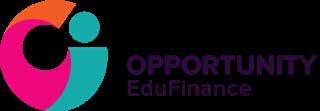






The Opportunity International Global EduQuality Awards program seeks to acknowledge the schools most dedicated to the advancement of high-quality education. Schools are identified in any context, regardless of location, resources available, or size of the school. The EduQuality Awards, instead, seeks to identify the most active, innovative, and committed schools in creating positive change in the quality of education provided at their school.
The purpose of the awards program is to identify a center of excellence among Opportunity EduFinance partner schools. A center of excellence exemplifies several core qualities, including:
Passion and commitment to overcoming barriers to high-quality education by coming up with the most innovative approaches to COVID-19 recovery.
Active, engaged schools that participate in creating solutions to challenges within the schools and have creatively rebuilt their schools and communities and mobilized learners to return to school.
Leadership that is “switched on” and actively engaged in supporting the school’s growth rebounding from long school closures.
Willingness to collaborate with other schools in their cluster, neighborhood, and/or region and have used School Development Planning to create solutions for their schools.
The EduQuality program at Opportunity EduFinance brings together local entrepreneurs of affordable non-state schools in a self-improving school system (a network of school clusters). Collaborating with EduFinance financial institution partners lending to these schools, the EduQuality team offers this holistic school development program, allowing schools to opt-in for the three-year program including:
Pathways to Excellence for school development planning, equipping each school owner to diagnose the quality of education at their school using measurable indicators and then write a school development plan to improve priority areas of greatest need.
for senior leaders with a focus on instructional leadership and management best practices necessary to run a sustainable school.
delivers foundational teacher training, including teaching and learning, classroom management, and literacy, while also equipping mentors with skills to train and coach peer teachers.
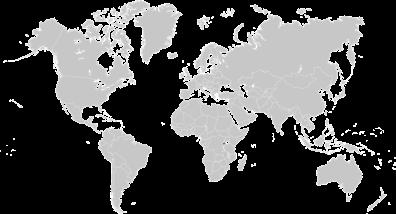
Orpcare Nursery, Primary and Secondary School in Kayonza, Rwanda offers classes from pre-primary through lower secondary. Owned by Gakwaya Leonard, the school has significantly grown over the last two years, from 400 to 651 enrolled learners.
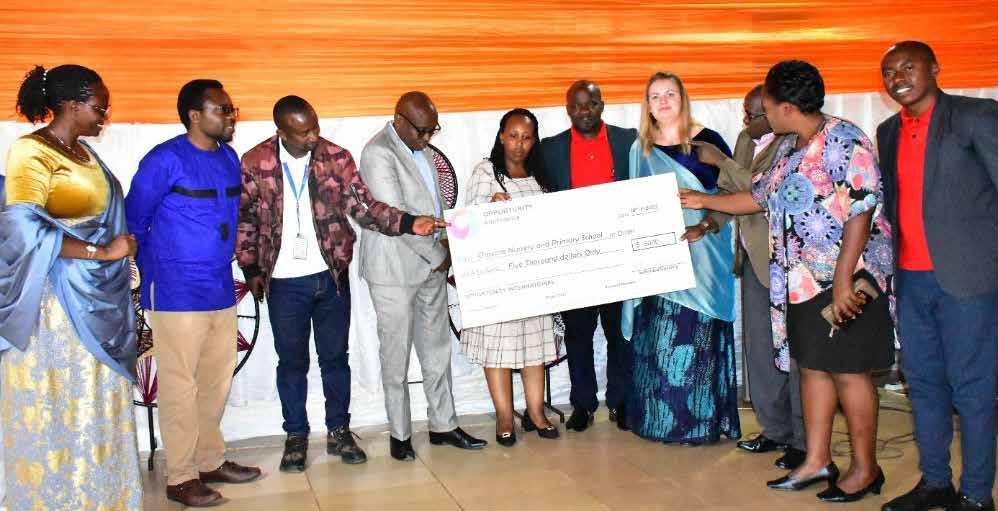
Orpcare School faced extreme financial and operating challenges due to the COVID-19 pandemic and 8-month school closures, prompting Mr. Leonard to secure a school improvement loan from KCB Bank. Mr. Leonard was then introduced to the
Primary Focus Area: Marketing & Branding
While Orpcare School selected and implemented improvements across a range of five priority areas in 2022, they identify their greatest area of improvement in school marketing and branding, as it was critical to the overall recovery of the school community both during closures and after reopening.
⊲ After joining EduQuality and learning from the Pathways to Reopening guide aimed at supporting schools to effectively plan for reopening, Orpcare school began utilizing strategies to better engage with teachers, parents, and learners during closures. School leaders messaged both teachers and parents regularly on WhatsApp, reassuring everyone that the school was making a maximum effort towards reopening after the pandemic. Leadership credits these communication strategies, not generally common among schools, with helping retain both teachers and learners at the school
⊲ With a focus on further expanding effective communications more widely, leadership created a schedule for regular social events targeting invitations to parents and other community members. For example, the school organizes an ‘education week’ each term, where parents are allowed to observe teachers
EduQuality program, where he gained the encouragement he and his leadership team needed to revive their school. They joined the Kayonza Education cluster, supported by Education Specialist, Georgina Kuzaara.
in their classrooms. This has helped increase parent awareness of teaching methods, and parents are encouraged to submit their feedback too.
⊲ Other key communication and marketing strategies now being used by school leadership include social media, advertisements on local television and radio, and visual signage in marketplaces, bus parks, and other highly trafficked areas around Kayonza.
School leadership credits these successful strategies with the retention of learners and staff, and improved relationships across the full school community.
Orpcare also invested efforts into behavior management skills as part of its school development plan. They did this through:
⊲ Creating a behavior management policy with a clear process explaining how to positively manage behavior.
⊲ Creating a disciplinary committee with members from senior management.
⊲ Training teachers on inclusive behavior management, reinforcing discipline procedures, and conflict resolution.
⊲ Scheduling meetings with parents to explain the policies.
Another vital aspect of their school development plan implementation was around teacher recruitment. Orpcare leaders made improvements to their hiring process to ensure quality candidates are hired, roles and expectations are clear, and staff is paid equitably. Mr. Leonard explained these changes were done through the support of their Education Specialist and School Leadership Professional Development training.
⊲ Potential candidates are now observed while teaching a lesson, where their suitability is measured through a prepared observation checklist.
⊲ Job descriptions were developed for all existing and new roles. This was sent out to staff and school administration to ensure a clear understanding of their roles.
⊲ A pay scale was implemented for the school. This was done to introduce a salary scale with increments for increased responsibility internally, to act as an incentive. This was also mentioned to potential candidates as motivation.
Orpcare School is now expecting to continue enrolment growth and school quality improvements within the upcoming years, given the strategies they have already learned through EduQuality.
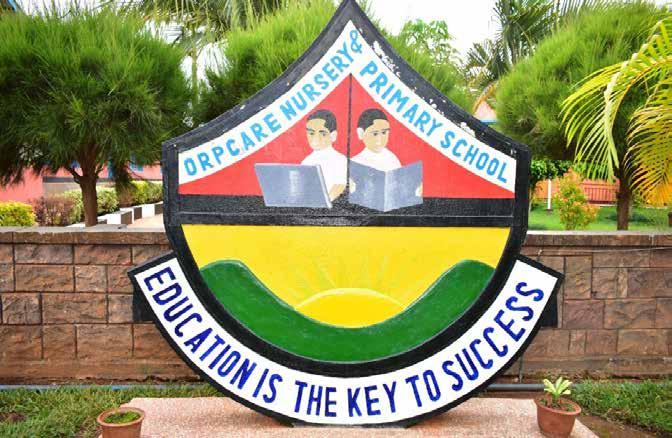
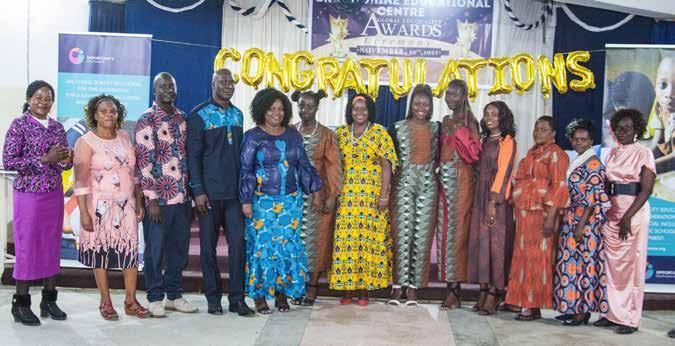
BrightShine Educational Center is situated in the informal settlement area of Kayole Soweto in Nairobi County, Kenya. Mrs. Florence Awino and Mr. Tom Gwara established their own pre-primary school in September 2010, with 9 learners and 2 teachers. Currently, the school proudly reports 566 learners and 23 staff members and has expanded to offer primary classes as well.
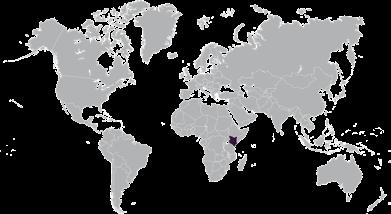
Brightshine Educational Center is an active loan client of Equity Bank Kenya. As a part of the Conqueror Cluster, supported by
Education Specialist Miriam Maina, the school has been able to implement numerous strategies to further its improvement.
Primary Focus Area: Child Protection & Safeguarding
Brightshine Educational Center recognized the growing challenges around child protection, exacerbated by both increases in poverty and the pandemic, and the dangerous consequences that can follow. The school is in the informal settlement of Kayole Soweto, where there are large numbers of low-income families struggling with basic necessities which means there is a high number of children forced into labor or resorting to street begging to help support their families. During the long period of COVID-19 forced school closures, many children dropped out of school, and there was a reported increase in school-aged girls becoming pregnant. This not only impacted the school enrolment, but also increased the chances of sexual abuse, substance abuse, and physical and psychological neglect.
Brightshine’s management revised its previous School Development Plan and developed an updated version through 2024, with a priority focus on child protection and safeguarding. The school leaders were determined to reverse these negative trends, specifically by developing a comprehensive child protection policy and implementing best practice behavior management strategies to help children cope well in school.
The school leaders and their team implemented multiple strategies for improving child protection:
⊲ Using learnings from the School Leadership Professional Development (SLPD) workshops, a committee was formed to spearhead the development of the child protection policy. The committee included the senior management team, teachers, and the school board. The deputy head teacher was appointed as ‘Child Protection Officer.’
⊲ The committee led child protection and safeguarding training for all teaching
and non-teaching staff, and all staff were required to sign copies of the policy. The policy is scheduled to be revisited at the beginning of every school term. All new employees now undergo training and are required to sign the policy.
⊲ Parents are asked to engage in the safekeeping of their children’s mental and physical well-being. Support meetings are held to discuss parental responsibilities and child protection. The school also established a 24-hour phone line to ensure parents and children could share any child protection concerns.
As a result of the strategies implemented, Brightshine is reporting:
⊲ There was an increase in educational outcomes, more children are now enrolled in the school, with there are higher rates of retainment and transition to Junior Secondary School.
⊲ Through consultation between the school leader, the board of management, and parents, the school was able to secure a school improvement loan in March 2022. The loan is being used to purchase land to accommodate the growing number of enrolled children and ensure a safe and clean environment for learners.
⊲ There has been great improvement in the school’s engagement with parents and the community, as there is an increased level of trust in sharing concerns.
Brightshine Educational Center’s motto –‘nothing for us without us’ – has ensured that the safety and well-being of the community’s children is prioritized.
Total learners: 705 / Girls 375 (53%)
175 pre-primary
397 primary
133 lower secondary
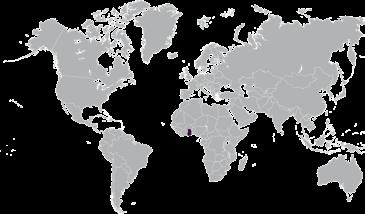
Rising Star Montessori School, based in Accra, Ghana, offers classes from pre-primary to lower secondary level. After starting with only six children, school owner Mrs. Chatherine Ankrah has grown the school to 705 enrolled learners.
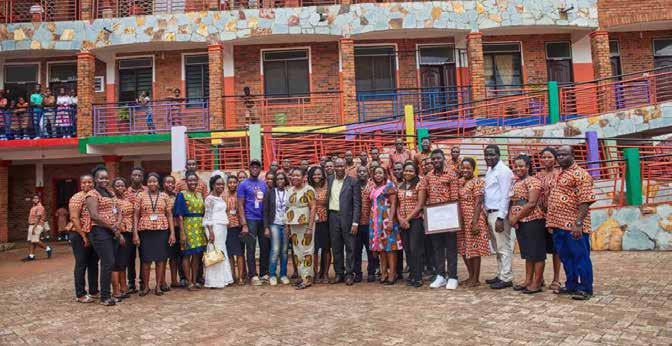
Rising Star Montessori is an active loan client of Opportunity International Savings and Loans, which first introduced the school to the EduQuality program. Rising Star Montessori
is currently a member of the Satellite Cluster, supported by Education Specialist Mr. Charles Kweku Imbrah.
Primary Focus Area: Finance & Business Management
During the pandemic, Mrs. Chatherine Ankrah was facing significant financial losses. Repayment of the school improvement loan and paying teacher salaries was becoming increasingly difficult. Being a part of the EduQuality program provided Rising Star Montessori School with a solid footing to face the challenges brought on by the pandemic. After consulting with their Education Specialist Mrs. Ankrah developed a one-year operating budget for the school. Guidance for the development of the budget was extracted from the Pathways to Excellence guide, which also served as a fundamental pillar in guiding the implementation process of the budget.
After establishing a Multi-stakeholder and Financial Management committee, the school has now:
⊲ Established additional modes for parents to pay school fees through mobile money transfers and bank transfers.
⊲ Purchased two new school buses, which has led to an increase in student enrolment, as children living further away from the school now have more convenient access.

⊲ Developed a new classroom block to accommodate the increasing number of learners.
Leveraging their learning through the EduQuality program, Rising Star Montessori School is now assisting and training other schools in the Satellite Cluster to better prepare budgets and business plans.
Total learners: 285 / Girls 150 (53%)
65 pre-primary
220 primary

Levites Academy, based in Tafo, Ghana, is owned by Mr. Bernard Menyah. The school offers pre-primary and primary classes and has a total enrolment of 285 learners.
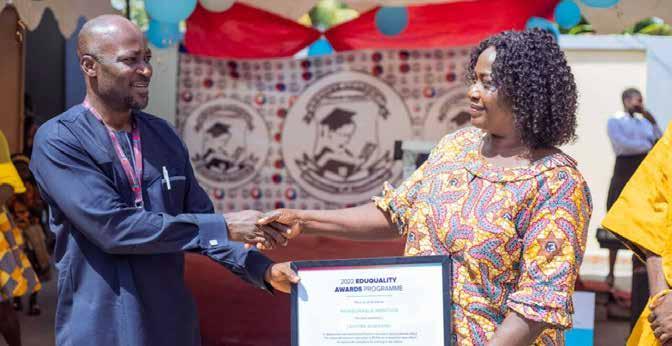
Mr. Bernard Menyah, the headteacher and school owner, has previously obtained a School Improvement Loan from Sinapi Aba Savings and
Primary Focus Area: Marketing & Branding
The School Leadership Professional Development (SLPD) workshops provided by the EduQuality program helped Mr. Menyah gain perspective on what areas the school needed improvement in. Through the training provided, he now realized the need to rebrand and market the school.
Mr. Menyah specifically recognized the lack of engagement between the school and parents Some parents were unable to attend PTA meetings and school activities because of work, while others did not live nearby. This made it difficult for parents to understand the policies set up by the school and how they were being implemented.
To bridge this gap, the school leadership began prioritizing more direct communications with parents to increase their engagement with Levites Academy. A welcome committee of 5 teachers was established to receive parents at the school compound, as well as make check-up calls to parents. Casual social events were organized to
Loans to invest in his school. Levites Academy is currently a member of the Aim High Cluster, supported by Education Specialist, Araba Empeh.
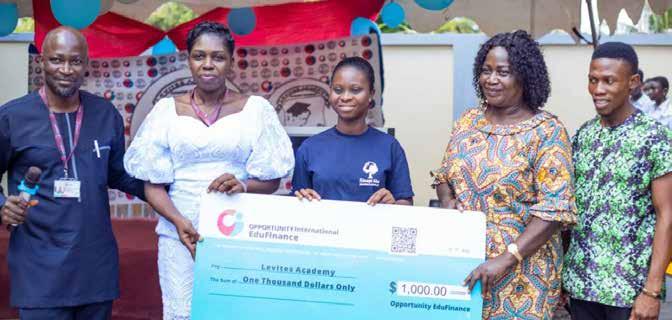
further develop a sense of community. Learners were encouraged to share the means of communication their parents preferred to use to ensure every child’s parents had a direct link to the school. With the help of IT resources, school leadership:
⊲ Created a WhatsApp group for parents’ engagement.
⊲ Set up an SMS platform to send fee reminders to parents, which also benefitted the school’s financial management.
⊲ Established a Google location to facilitate easier access to the compound for parents and visitors.
Through the EduQuality cluster model, Levites Academy can now actively collaborate to share knowledge and experience with neighboring schools. Mr. Bernard explained this has helped him discover new management methods and make helpful network connections.

Authentic international Academy is based in Nyagatare, Rwanda and first opened its doors in February 2015 with 80 learners. The school, owned by Mr. Bernard Munanira, has grown to a total of 307 enrolled learners across daycare, pre-primary, and primary classes.
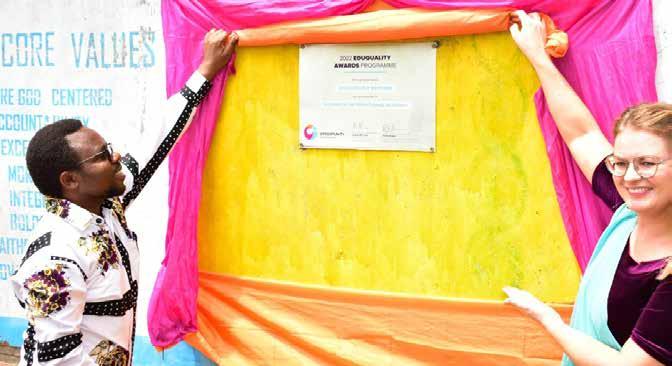
Authentic International Academy is an active loan client of the Bank of Kigali, where they have taken a loan for school improvement. They are also an
Primary
active member of the EduQuality program, where they are a part of the Vision Cluster, supported by Education Specialist, Georgina Kuzaara.
After learning about the value of having a school development plan through EduQuality in 2021, Authentic International Academy decided to draft a three-year School Development Plan prioritizing child protection.
The plan was developed in consultation with the school’s PTA committee, who were surveyed, along with teachers and the school’s board of directors. The final plan was shared with all staff and parents during a staff-parent meeting to ensure that it was accessible to the full community and outlined the school’s vision for 2023. While the school improved in numerous education quality areas in 2021/2022, leadership identified child protection as the most pressing domain for improvement. Key activities implemented to achieve this goal included:
⊲ Drafting a comprehensive child protection policy with the PTA and board of directors. This was later shared with all staff, accompanied by training for staff members. Staff training is repeated at the beginning of every semester to refresh child protection
policies and includes a focus on recognizing emotional abuse. Teachers were also taken through alternatives to corporal punishment during the training, in line with recommendations developed by the Ministry of Education.

⊲ All members of staff are required to sign the child protection policy, and a termly review process has been established to improve the policy as needed.
⊲ To improve school safety in line with child protection, the school placed a wide electric fence around the school to protect the children and the school’s property.
Before attending the EduQuality trainings, Mr. Munanira explained the school’s perspective on parent participation in school engagement was limited to paying school fees. After attending EduQuality workshops highlighting parent and community members’ integral role in ensuring the children’s safekeeping, the school is now actively working to engage the full community in both child protection and safeguarding, as well as overall school development.
Visit us at edufinance.org
© 2022 Opportunity International. Opportunity International’s Education Finance program operates with charitable support from Opportunity’s global network. Opportunity International United States is a 501(c)(3) non-profit (EIN 540907624); Opportunity International United Kingdom is a registered charity in England and Wales (1107713) and in Scotland (SCO39692); Opportunity International Canada is a registered Canadian charity #877516385RR0001; Opportunity International Australia is a registered charity (ABN 83 003 805 043). Opportunity International serves all people regardless of race, religion, ethnicity, or gender.
